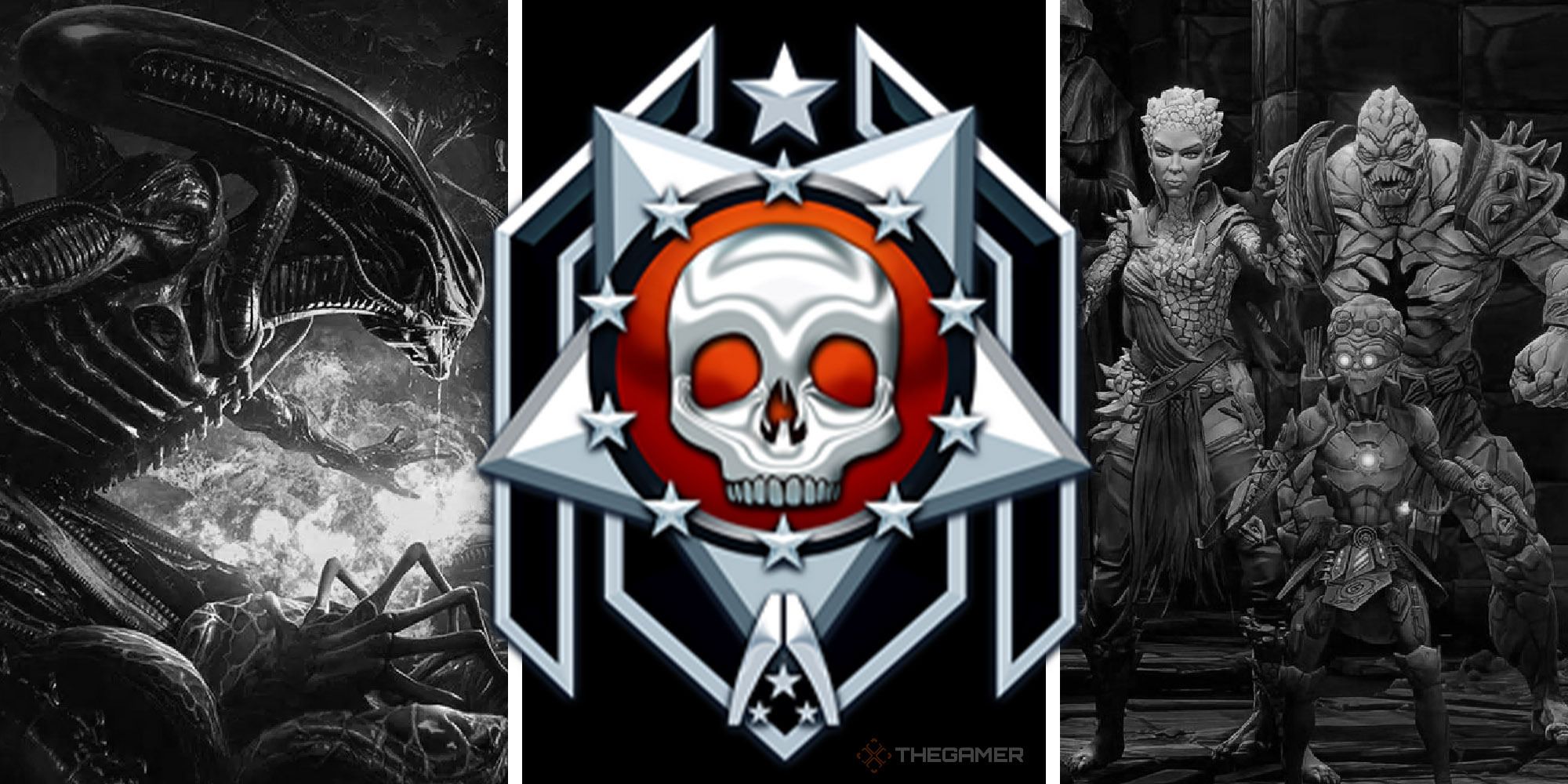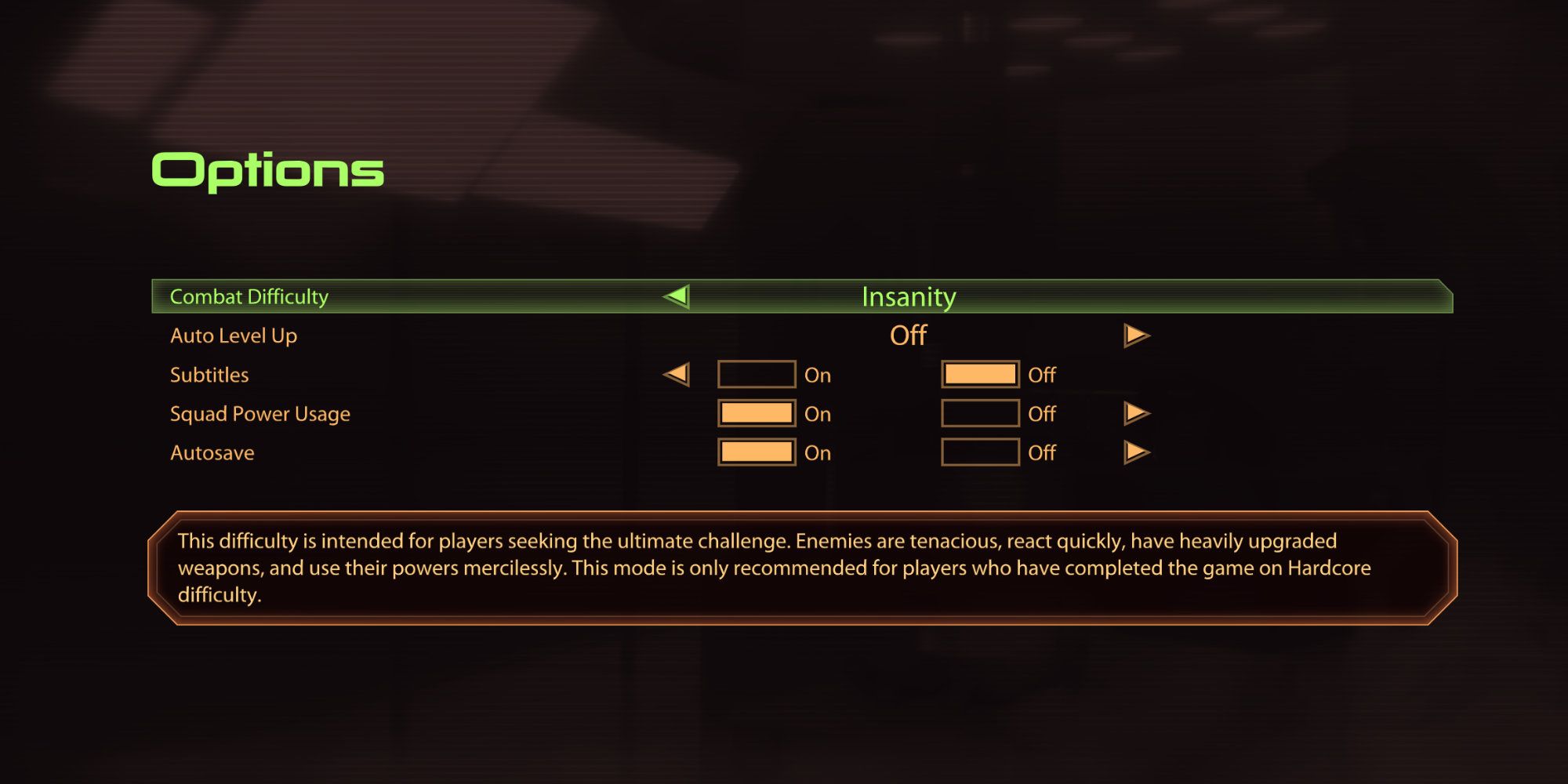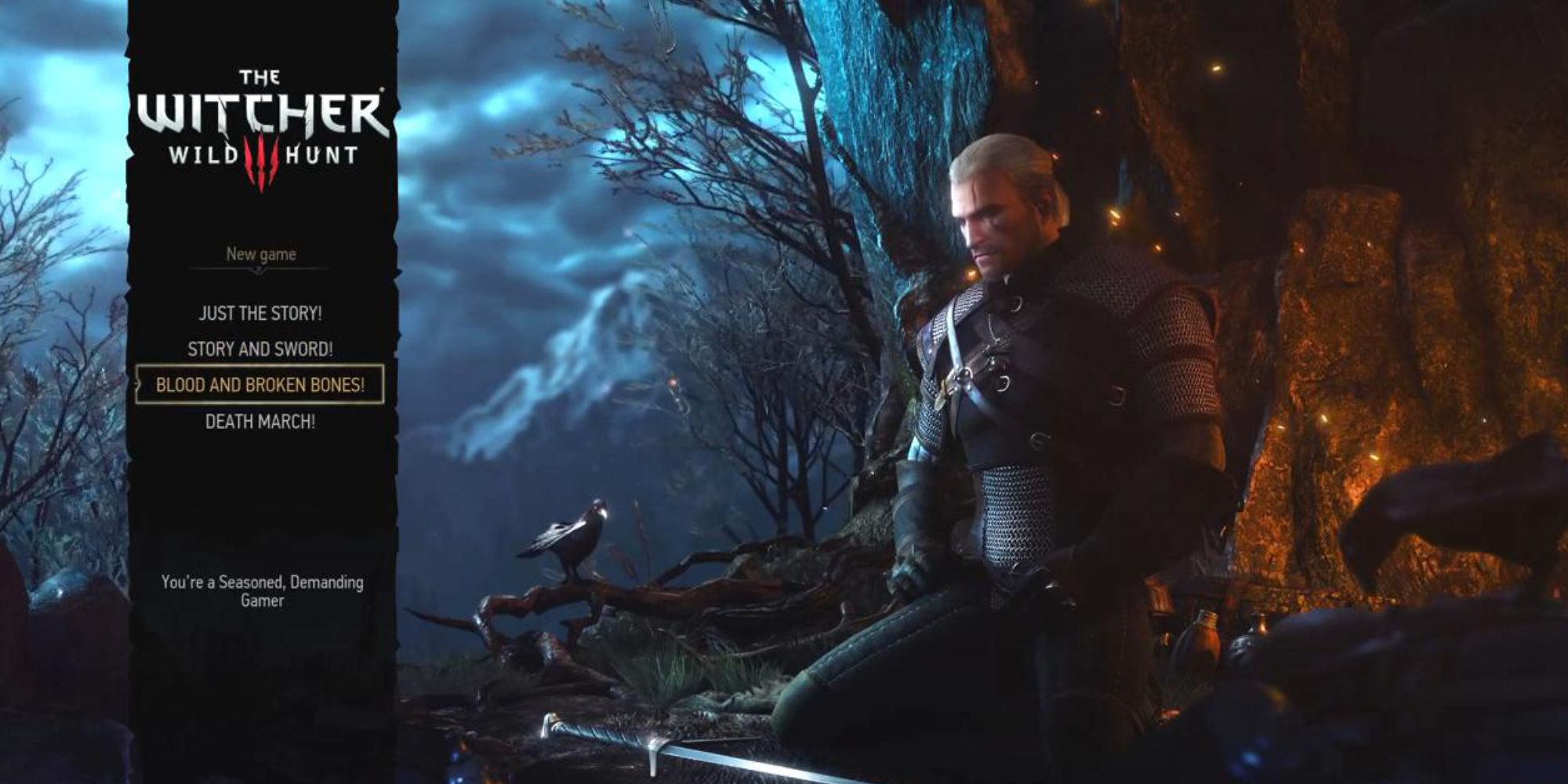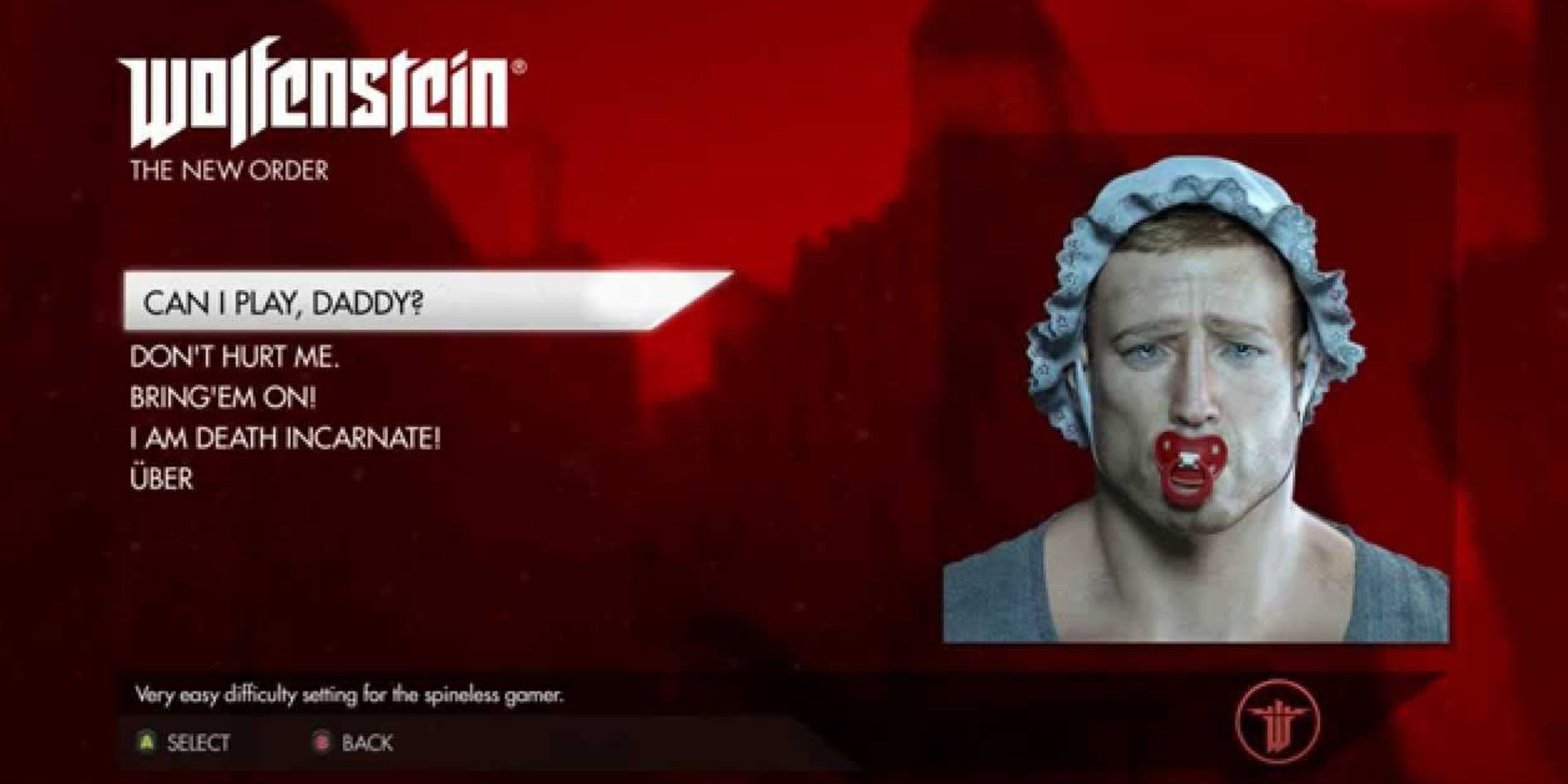I recently reviewed Gloomhaven, a digital adaptation of the turn-based strategy board game of the same name. The campaign was a rough ride that left me wondering if I had failed to change it to my default setting of ‘as easy as possible’ and had accidentally cranked it up to ‘so ridiculously difficult you’ll want to throw your keyboard across the room.’ When I looked at the difficulty levels to check, I spotted something that’s still far too common: Insane. Every time I see this word in a game it makes my heart sink. It’s 2021. We’ve moved past ableist language - or so I thought.
It’s not just Gloomhaven either. Gears of War 5, Outlast, and Castle Crashers all have either ‘Insane’ or ‘Insanity’ difficulty levels. Even the recently released Mass Effect Legendary Edition kept its Insanity setting, while Aliens: Fireteam Elite also uses this terminology. These are far from the only titles to use it, too. If you take a look through the difficulty options in many games - especially shooters - there’s a good chance you’ll see it somewhere. It’s so prevalent that it’s clear many people just don’t see the problem - but there is one.
Insane is officially defined as ‘in a state of mind which prevents normal perception, behaviour, or social interaction; seriously mentally ill.’ However, it also has an informal definition of ‘shocking, outrageous’ and is used as slang for ‘extreme.’ It’s this latter use in a casual way that means insane is still widely and incorrectly used in many everyday contexts, including gaming. While we’ve rightfully moved away from ableist words like ‘retard,’ insane remains firmly rooted in the modern vernacular, despite the fact it trivialises serious mental health issues.
Imagine for a minute that you’re struggling very badly with your mental health. For many of us, this is easy to picture, as world events during the last 18 months have meant more and more people are suffering from depression and anxiety. Many of us are at a point where we feel like we’re losing our grip on what’s normal, how to socialise, and what behaviour is and isn’t acceptable. You’ve probably even used words like insane, crazy, or mad to describe these feelings.
I’d urge you to stop and think about how overwhelming that is. Getting to the point where you don’t know what normal is anymore, when you can’t go out because you’ve lost sight of how to interact with people. This is the literal definition of insane.
Now imagine hearing the word insane and realising the definition of it as you know is ‘shocking, outrageous, and extreme.’ Insanity is none of those things. It is terrifying, lonely, isolating, depressing, and dark. It’s a situation where you need support, not your state of mind being made light of. Using insane in such a casual way skews our perception of people with mental health issues. The same goes for words like crazy and mad. It’s part of a much wider problem that takes health conditions and lazily uses them as synonyms for something else entirely.
As an autistic person, if you get me started on the use of OCD to mean ‘likes things to be tidy’ and autistic to mean ‘weird, odd, and difficult,’ I’d be here all day. I’m absolutely sick of autism - which isn’t just something I have but something that’s a huge part of who I am - being used to mean lazy, awkward, difficult, and unlikeable. Ableist language is still rife within our community, but it really shouldn’t be.
It’s a difficult habit to break - trust me, I know - but avoiding these words can do a lot for helping show tolerance and kindness towards those who are different and those who are struggling. It’s not even that hard either. There are so many words in the world - why not use the ones you actually mean, rather than co-opting a medical condition you’re using as a lazy shorthand?
Getting back to difficulty levels specifically, some of the very best games have used alternative names for their options. While words like nightmare, impossible, brutal, and expert have all been used to great effect, what truly stands out are the games that have fun with their naming. The Witcher 3: Wild Hunt uses ‘Just the Story’, ‘Story and Sword’, ‘Blood and Broken Bones’, and ‘Death March!’ as its settings. Not only do these avoid ableist language, they stick in your memory as a nod to the game’s content. Meanwhile, the Wolfenstein games go for comedic value with ‘Can I Play, Daddy?,’ ‘Don’t Hurt Me,’ ‘Bring ‘em On,’ ‘I am Death Incarnate,’ and ‘Uber.’
There are so many alternative words in the world, as well as a tonne of ways to be clever, so can we please stop using insane as a difficulty setting already? We all know being genuinely insane is very difficult. Using sensitive language in this context really isn’t helping anyone.




